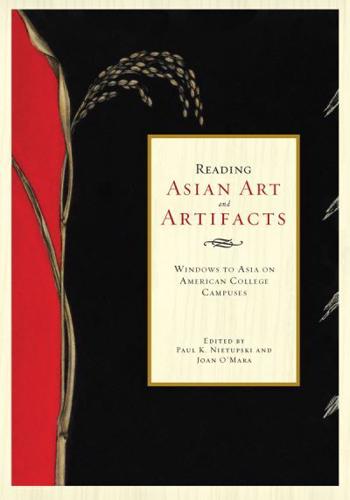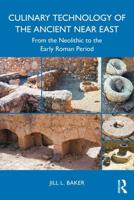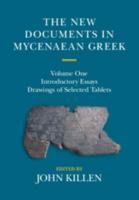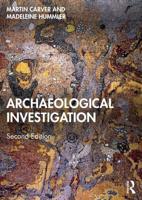Publisher's Synopsis
This book begins with the understanding that, in addition to its aesthetic qualities, Asian art and material artifacts are expressive of cultural realities and constitute a "visible language" with messages that can be read, interpreted, and analyzed. Asian art and artifacts are understood in their contexts, as "windows" into cultures, and as such can be used as a powerful pedagogical tool in many academic disciplines. The book includes essays by scholars of Asian art, philosophy, anthropology, and religion that focus on objects held in ASIANetwork schools. The ASIANetwork collections are reflective of Asian societies, historical and religious environments, political positions, and economic conditions. The art objects and artifacts were discovered sometimes in storage and were sometimes poorly understood and variously described as fine art, curiosities, souvenirs, and markers of events in a school's history. The chapter authors tell the stories of the collections, and the collections themselves tell stories of the collectors. This volume is intended for use in many disciplines, and its interpretive structures are adaptable to other examples of art and artifacts in other colleges, universities, and museums. An online database of some 2000 art objects held in the ASIANetwork schools' collections supplements this book.










